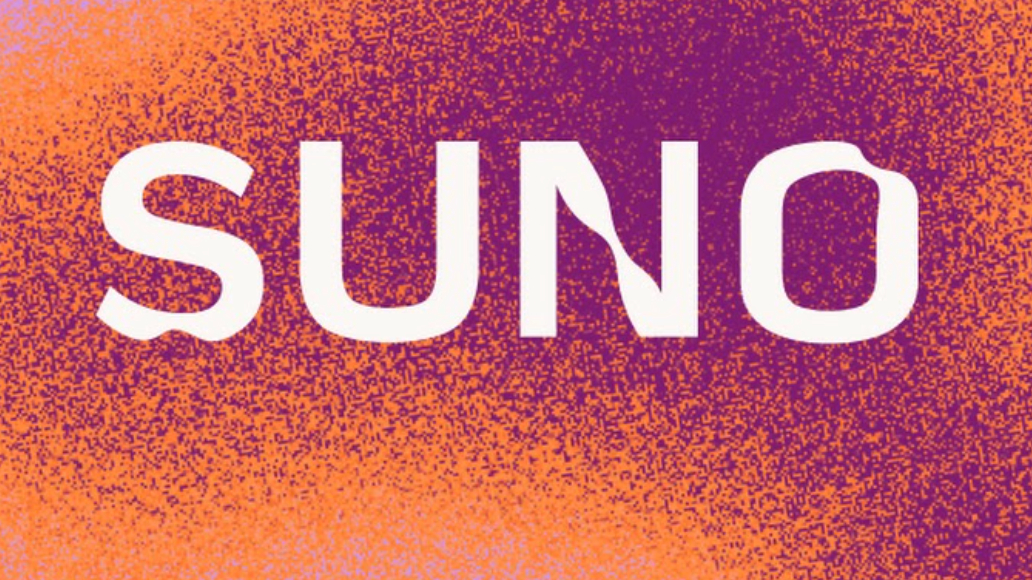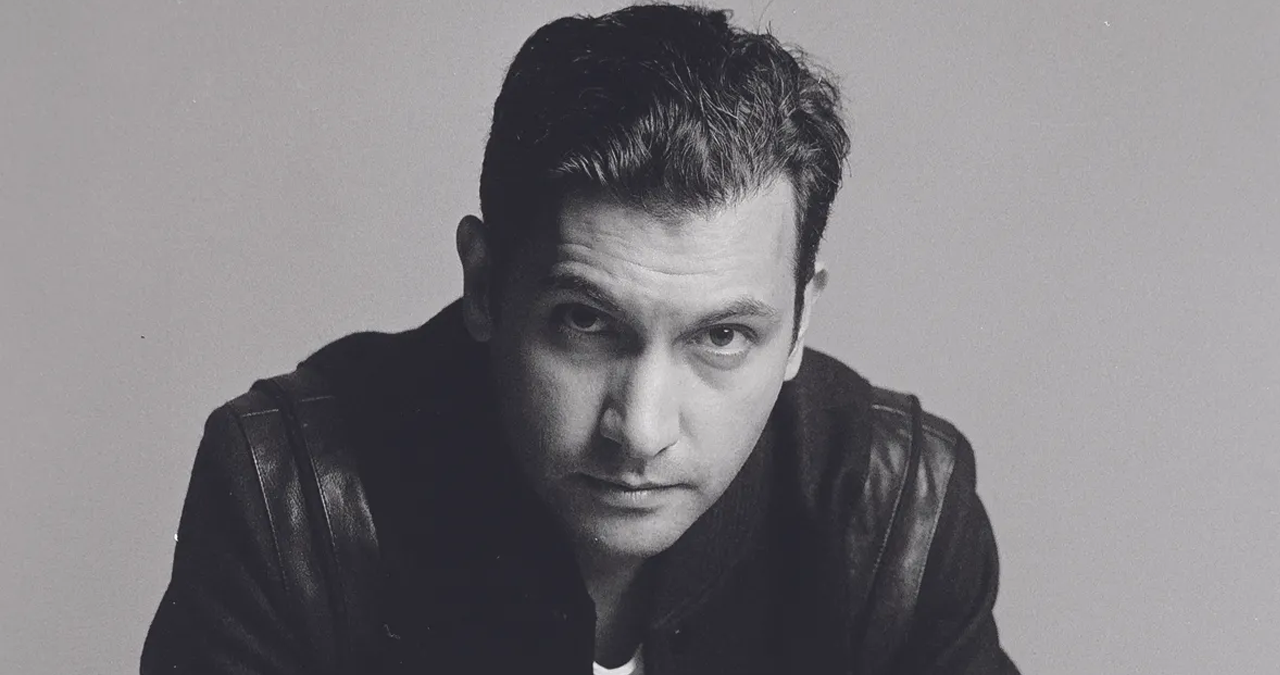“The end result - rights holders get paid even less, nobody has the right to opt in or out and as artists we have zero visibility on what these license details will entail”: The reaction to a report that major labels are in talks with AI firms
The details of a new Bloomberg report into major labels trying to reach an agreement with controversial AI companies has caused uproar

As the major players in the music industry increasingly warm up to the idea of AI agents training on their enormous catalogues (for we imagine, enormous sums) the fear that music creators and rightful financial stakeholders will not be able to have a say in how their work is used is a more pertinent concern than ever.
We’ve previously reported on the legal issues surrounding generative AI music brands Udio and Suno - who are still in the midst of copyright infringement lawsuits levelled at them by 'the big three' major labels. Suno and Udio both offer users the ability to generate music via a text prompt. The resulting audio is constructed using an algorithm trained on a large quantity of (human) recorded music.
But a new Bloomberg report has recently revealed that the controversial AI firms have entered into discussions with the very same labels that originally sued them; Universal Music Group, Warner Music Group and Sony Music Entertainment. The negotiations, it is understood, are an attempt to both draw a close to the litigation and establish a framework for how major labels can strike deals on catalogue-training with AI bodies.
The Bloomberg report has been fuelled by sources apparently close to the discussions, however the sources refused to be identified as the talks ‘could fall apart’.
The conversations orient around Suno and Udio harnessing the label's catalogues, and how that work is licensed, as well as how artists will be compensated.
The labels are also angling to receive equity from the AI companies. It’s hoped that an agreement will resolve the legal situation - and set-up a framework for AI licensing that the majors will be able to replicate in the future.
But getting this framework in place has not-so quiet echoes of when, back in the late 2000s, music creators were excluded from the negotiations between labels and major streaming platforms as to how much of a share various stakeholders received per stream.
That's an issue that’s still a huge bone of contention today - and very far from fair.

Musicians, creatives and industry professionals have already made their views clear about what the results of this negotiation could potentially mean for the future of music.
Music technology entrepreneur and Attack Magazie/Wavetick founder Sharooz Raoofi (aka Principleasure) stated on a lengthy post on LinkedIn that he predicted this chain of events would unfold, and that major labels would eventually cosy up to Suno and Udio.
“You can imagine what the next step in this process will be. The further devaluation of music by flooding major label controlled DSPs with major label owned generative AI fodder fed by major label catalogue,” Sharooz writes.
Want all the hottest music and gear news, reviews, deals, features and more, direct to your inbox? Sign up here.
“The end result - rights holders get paid even less, nobody has the right to opt in or out and as artists we have zero visibility on what these license details will entail or whether we’ll even receive a royalty for being training fodder”

Chair of Ivors Academy Tom Gray spoke to Complete Music Update; “In these deals, it appears recordings would be licensed to AI companies to ingest music-makers’ work without their permission and without reference to their personality or author rights”, Gray stated. “These licences appear to not offer creators an ‘opt-in’, an ‘opt-out’ or any control - whatsoever - of their work within AI”.
Tom also points out the seeming hypocrisy of the major labels supporting the Make it Fair campaign, set-up to demand AI companies respect the copyright of artists.“The same companies who have stated they wish to ‘make it fair’ seem instead to be ‘on the make’” stated Gray.
As the Bloomberg report makes clear, however, these talks could indeed not come to any tangible resolution…
Or, alternatively, this could be the moment that establishes a whole new paradigm for musicians - and creative human professionals in general - as we plummet further into an increasingly AI-saturated age.

I'm Andy, the Music-Making Ed here at MusicRadar. My work explores both the inner-workings of how music is made, and frequently digs into the history and development of popular music.
Previously the editor of Computer Music, my career has included editing MusicTech magazine and website and writing about music-making and listening for titles such as NME, Classic Pop, Audio Media International, Guitar.com and Uncut.
When I'm not writing about music, I'm making it. I release tracks under the name ALP.
You must confirm your public display name before commenting
Please logout and then login again, you will then be prompted to enter your display name.